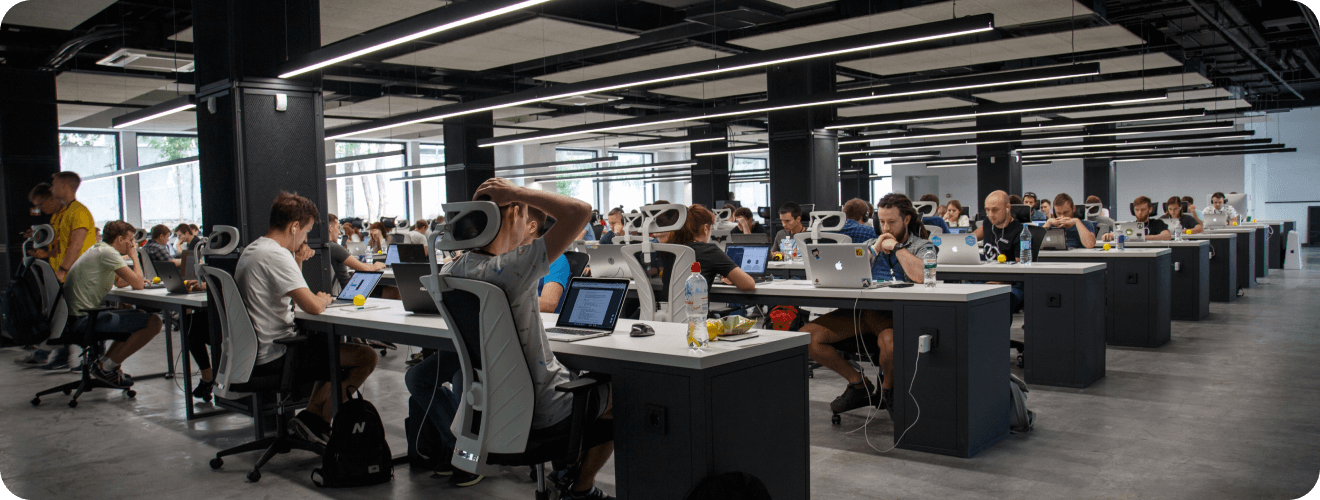


Artificial Intelligence (AI) has revolutionized the field of education, transforming how knowledge is delivered, consumed, and retained. In the traditional classroom setting, teaching methods were often standardized, offering limited flexibility to cater to individual learning styles. However, AI has introduced personalized, adaptive learning experiences that accommodate the unique needs of each student, making education more engaging, effective, and accessible.
One of the most remarkable contributions of AI to modern education is the development of intelligent tutoring systems. These systems analyze student data, such as learning patterns, performance metrics, and behavioral trends, to provide customized study plans and real-time feedback. Unlike conventional teaching methods, AI-powered tools adapt dynamically to the learner's pace and comprehension level. This ensures that students receive support precisely when they need it, helping to bridge knowledge gaps and reinforce understanding.
AI also plays a crucial role in self-learning, enabling individuals to acquire new skills and knowledge independently. Platforms powered by AI offer a wide range of courses, interactive lessons, and virtual mentors that guide learners through their educational journeys. These platforms utilize machine learning algorithms to recommend content based on the user's interests, progress, and goals, creating a highly personalized learning environment. This level of customization not only enhances motivation but also promotes lifelong learning, allowing individuals to continuously upskill in a rapidly evolving world.
Moreover, AI facilitates language learning by providing real-time translation services, speech recognition tools, and grammar checkers. These applications help learners practice speaking, improve pronunciation, and develop writing skills with instant corrective feedback. By simulating real-life conversations through AI-driven chatbots, language learners can gain practical experience in a safe and supportive environment.
In addition to personalized learning, AI streamlines administrative tasks, such as grading, scheduling, and student assessments. This automation reduces the workload for educators, allowing them to focus on more strategic aspects of teaching, such as curriculum development and student engagement. Furthermore, AI-driven analytics provide valuable insights into student performance, enabling educators to make data-informed decisions to improve learning outcomes.
The future of AI in education and self-learning is promising, with emerging technologies such as virtual reality (VR) and augmented reality (AR) further enhancing the learning experience. These immersive tools, combined with AI, offer interactive simulations and virtual classrooms that make complex concepts easier to understand. Additionally, predictive analytics will become more sophisticated, allowing educators to anticipate learning challenges and implement proactive interventions.
In conclusion, AI is reshaping the educational landscape, offering personalized, adaptive, and efficient learning solutions. Whether in traditional classrooms, corporate training environments, or self-directed learning scenarios, AI empowers individuals to achieve their educational goals with greater ease and effectiveness. As technology continues to advance, the role of AI in education will expand, creating new opportunities for learners and educators alike.